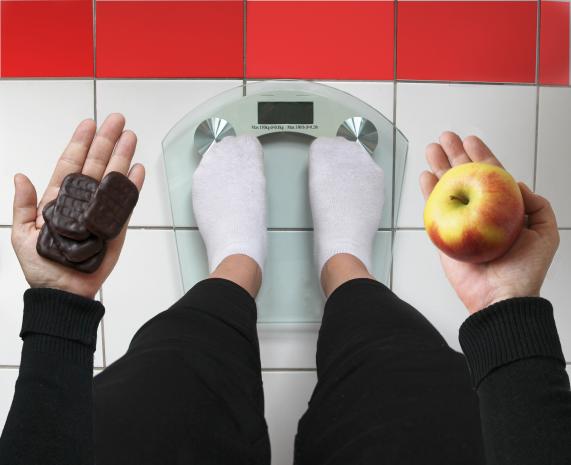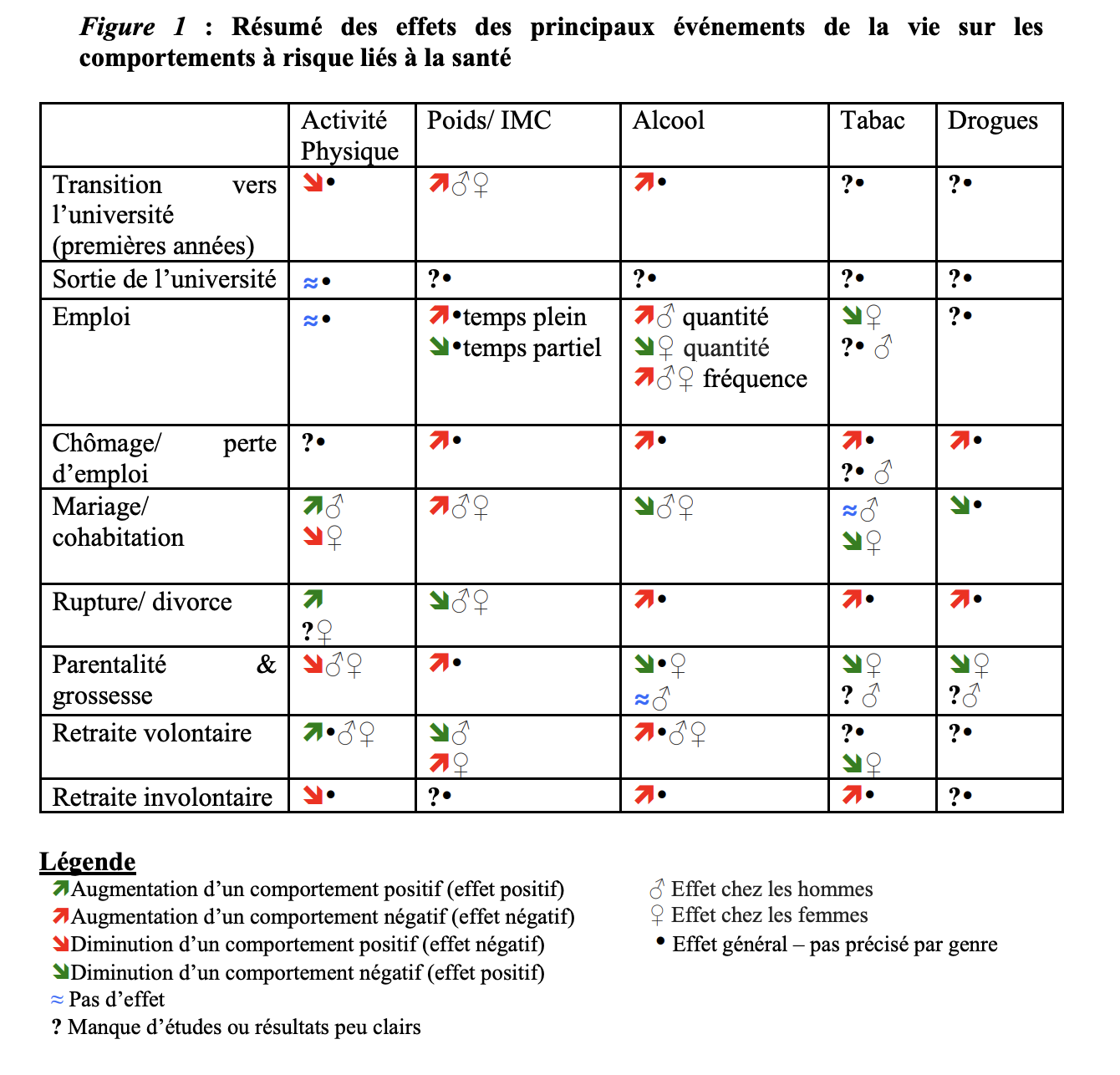
Critical events and transition periods are part of every life course. Starting university, having your first child, losing your job, retirement, these events can lead to a change in behaviour that directly impacts on our health. On behalf of the Federal Office of Public Health (FOPH), Prof. Dario Spini, Dr. Annahita Ehsan and Dr. Hannah Klaas from the University of Lausanne have focused on two risk behaviours in particular: substance use and physical activity/overweight. Their report is a review of 94 longitudinal studies published after 2000. In order to reduce risk behaviour, the researchers recommend that public policy should focus on three areas: i) Investigation - launching longitudinal studies on this subject which are still lacking in Switzerland, ii) Information - publication of documentation available to intermediary actors, and iii) Intervention - professional training to better support people in transition.
Abstract from the report:
In general, adults who were in stable partnerships (e.g. married, cohabitating) or who became parents consumed fewer substances, but were also less physically active and gained weight. In particular, mothers reduced their substance and alcohol consumption during pregnancy and after the birth of their first child. Being single, ending a relationship, and going into voluntary retirement were all life events that increased both substance use and physical activity. Retirement was also accompanied by an increase in alcohol consumption, and persons from higher socio-economic positions had more frequent (but less risky) drinking behaviours. Some life events, such as professional transitions, had more varying effects. For example, reducing working hours (e.g., switching from full-time to part-time work) increased physical activity when it was on a voluntary basis and not due to illness or retirement. Other transitions were more consistent: entering university, losing a job, and being forced to retire were associated with the greatest risks. During these three transitions, individuals increased alcohol use and reduced physical activity. University also resulted in weight gain.
One optimistic finding is that changes in health behaviours following life events seem to be temporary and go back to their pre-transition rate (the rate before the life event occurred) a few years after the event. Different transitions can lead to higher or lower levels of stress, which can influence how individuals react to these events. For example, this report showed that some changes in health behaviour were often gendered. After the birth of a child, mothers reduced physical activity and gained more weight than fathers. This could be explained by the fact that men and women experience different social expectations, roles, and consequent stressors during the same life transitions. During stressful life transitions, men were also at higher risk of increasing substance use. It is worth mentioning that studies focused on more on gender differences than on other socio-demographic factors such as socio-economic position, age, or belonging to minority groups. Many social differences and inequalities were rarely investigated or addressed: the only exceptions were some results showing that adults with more financial stress or who were relatively disadvantaged smoked more, and that financial problems increased the risk of alcohol consumption.

Other articles and podcasts about this report
- News Spectra online: "Quand les crises influent sur notre santé"
- Podcast Spectra online - Episode 16: « Événements critique de la vie et Santé »
- Full report available on prevention.ch website

